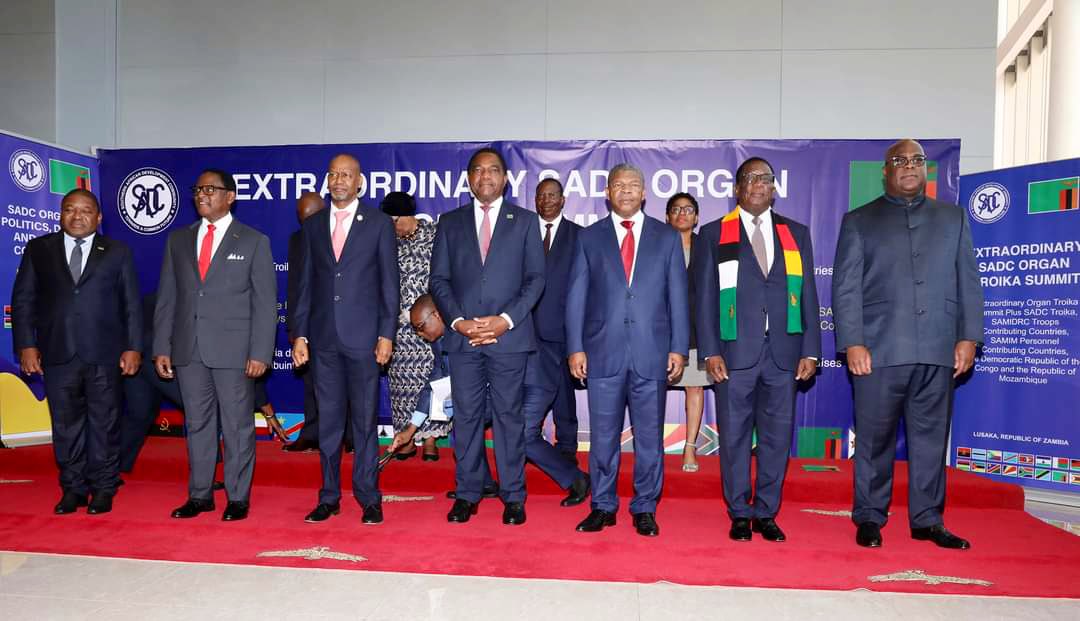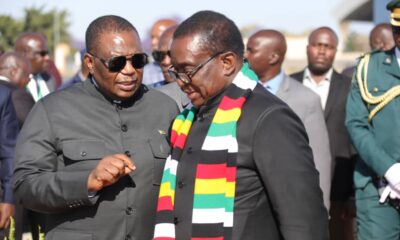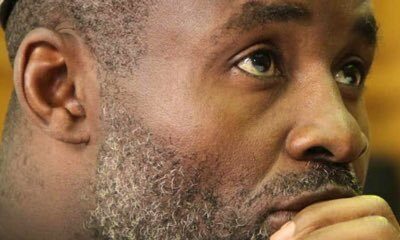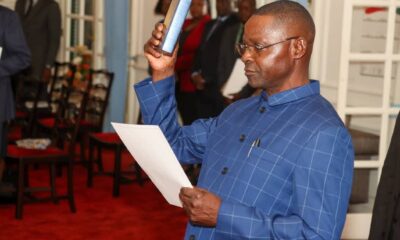POLITICAL analyst Ruben Mbofana says the Sadc bloc has largely deviated from its founding principle to promote democracy, with regional leaders jetting into Zimbabwe for a summit amid an outcry over a heavy crackdown on opposition and civil society activists in the host country.
The Zanu PF government has been pulling out all the stops to suppress potential protests, amid a human rights situation which worsened ahead of the 44th Ordinary Sadc Summit of Heads of State and Government hosted by Harare.
According to human rights watchdog Amnesty International, the clampdown has seen over 160 people being arbitrarily arrested and detained since mid-June this year.
Amnesty International says these violations sets a dangerous tone for the bloc’s commitment to human rights.
There has also been growing discontent since August 2023 when President Emmerson Mnangagwa won a disputed election that was for the first time flagged by the Sadc Electoral Observer Mission (SEOM) over inconsistencies with local and regional instruments on elections.
Mbofana told The NewsHawks that the regional leaders’ lack of concern for the crackdown shows how much it has deviated from its mandate of promoting democracy to becoming a brotherhood for liberation movements.
“The Sadc that we know today is a different creature from what was founded out of the frontline states in 1980. The primary goals were democracy, human rights, and independence. But what we saw is that when these southern African countries started gaining their independence from colonial rule, they shelved the whole idea of democracy, human rights and freedoms, which also include free Sadc just a club of fraternal brothers and fair elections,” Mbofana said.
“They have now shifted their attention to economic development, hence the Southern African Development Community name. T hey began to focus on the issues of economics while abandoning issues of human rights that they used to concentrate on during the colonial era.”
“So, that is why you find that amid all the persecution of opposition activists and human rights defenders in Zimbabwe, with over a hundred said to be currently incarcerated, Sadc has remained silent. We are actually hearing the United Nations Special Rapporteur on Human Rights, Mary Lawlor, issuing statements.”
Mbofana said former liberation movements in the region are deliberately ignoring the human rights agenda to bolster their stay in power.
“We are hearing Amnesty International and Human Rights Watch, they are all issuing statements. But our own regional body, the same regional body that is having its meetings right here in Zimbabwe, has not said a single word. That points to the fact that Sadc has now totally abandoned the cause of the ordinary citizens,” he said.
“Actually, when I watched the Sadc council meeting, they were actually thanking the Zimbabwe government for the hospitality and warm welcome. They are pretending as if they do not know what is happening, but they do know. Remember, this is a global village.”
“We now have the internet, we have social media, we have numerous news media outlets, mainstream news media outlets. These regional leaders know that these are the things that are happening in Zimbabwe. They have ambassadors right here, stationed in Zimbabwe.”
Mbofana said the regional leaders have been mainly occupied with consolidating power, rather than upholding democratic principles. Weaknesses in Sadc Mbofana also said weaknesses in the bloc’s legal framework is likely to make it difficult for the bloc to promote constitutionalism.
“In Sadc, we only have guidelines and protocols. That’s why you find with the election observer mission report they said the elections in Zimbabwe did not meet the guidelines and principles you know governing democratic elections. They are guidelines. If someone gives you a guideline, it’s a recommendation,” he said.
“You are not obligated to follow that guideline. It’s like advice or a recommendation. It recommends how to operate it, but taking it or leaving it is up to you. There is no punishment. That is why Sadc is governed by voluntary compliance. So by voluntary compliance, we mean that each member State freely and voluntarily complies to the things that they would have agreed upon.”
“So if they agreed upon, or agree on guidelines and principles governing democratic elections, these are just guidelines. Zimbabwe is not compelled to adhere to that. So, even if they do not adhere to that because it is voluntary compliance, they are not going to be punished for that.”
Mbofana also said the bloc has to create a legally binding framework to clampdown on violations of its guidelines.
“In 2002, there were recommendations. 2018, there were recommendations. Those recommendations have never been implemented. These are the same recommendations that we have seen in the past 20 years, and they have never been implemented by the Zimbabwe government, but no action has been taken by Sadc. Why? Because of that voluntary compliance that they have in Sadc,” Mbofana said.
“So even come 2028, if the same issues were that way, that Sadc election observer mission report is not addressed, Sadc will not do anything. They will not take any action. So that is the issue that Zimbabweans have to understand and that Sadc is a toothless, useless bulldog.”
“It is just a gentleman’s club where they meet, they talk, all this language about economic development, uplifting the lives of the poor, of the people, in the light of this El Niño drought. They will never tackle the issues of human rights and democracy in their member states.”





















